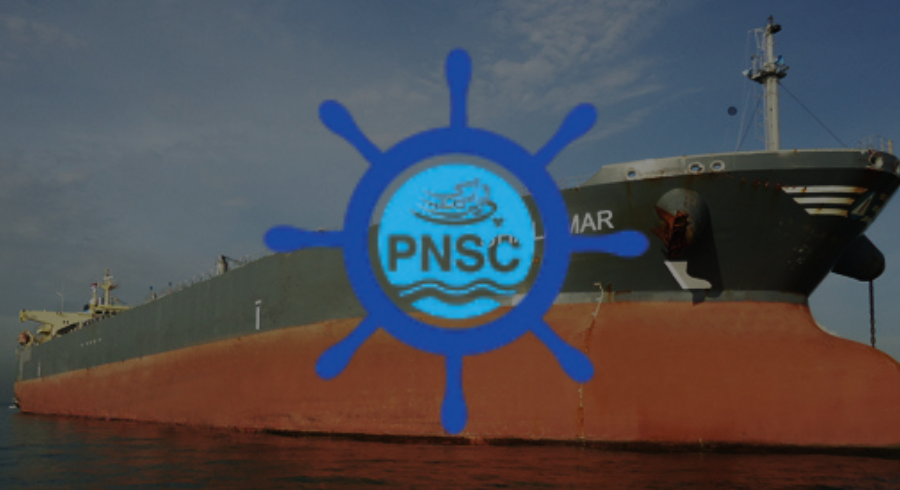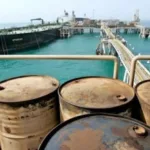ISLAMABAD: The Pakistan National Shipping Corporation (PNSC) has accelerated its fleet expansion programme following clear directions from Federal Minister for Maritime Affairs Muhammad Junaid Anwar Chaudhry, aiming to increase the national fleet to 30 vessels by 2026 amid an acute shortage of ships for energy and cargo transport.
As per details, during a detailed briefing held in Islamabad on Friday, the PNSC management informed the minister that the procurement of new vessels, a key component of the national shipping revival plan, was entering its final stages. The minister reviewed progress on ongoing acquisitions and directed the corporation to remove procedural bottlenecks and ensure timely delivery of new ships.
According to officials, the PNSC Board has approved the purchase of three secondhand Aframax and MR-2 class oil tankers, with due diligence and evaluation completed under public procurement rules.
The newly approved ships include:
- MT Lorex (to be renamed MT Karachi) – $74.5 million
- MT Nafsika (to be renamed MT Lahore) – $74.5 million
- MT Stavanger Poseidon (to be renamed MT Quetta) – $44.15 million
The first two are Aframax tankers, while MT Quetta is an MR-2 class vessel. Legal and commercial formalities are now in the final phase, with contract signings expected soon. The delivery of these tankers is scheduled for December 2025, when they will formally join Pakistan’s national fleet.
Currently, PNSC operates a modest fleet of fewer than a dozen vessels, including oil tankers and bulk carriers — a number far below national requirements. Industry insiders say this limited capacity forces Pakistan to depend heavily on foreign-flag carriers for petroleum and cargo shipments, costing the exchequer millions of dollars annually in freight payments.
The shortage has become particularly evident amid rising energy imports and disruptions in global shipping lanes, which have strained the corporation’s operational flexibility. Officials say the new acquisitions will significantly boost PNSC’s cargo-handling capacity and enhance the country’s maritime resilience.
In addition to the three vessels, the PNSC has initiated the procurement process for 12 additional ships, issuing tenders for four LR-2, four MR-2, and four MR-1 class tankers. Technical evaluations and bid assessments are under way.
Maritime Minister Junaid Chaudhry reaffirmed that expanding Pakistan’s shipping fleet was a top government priority, emphasizing that the new procurement plan would help reduce foreign dependence, lower transport costs, and strengthen national control over critical maritime logistics.
“The accelerated vessel acquisition reflects our vision for a self-reliant and modern shipping sector,” the minister said. “Pakistan must have the capacity to transport its own energy and trade cargo without relying entirely on foreign fleets.”
Officials at the meeting noted that the ministry is also exploring public–private partnerships and financing models to sustain long-term fleet expansion and ensure operational efficiency.
Discover more from Brackly News
Subscribe to get the latest posts sent to your email.



